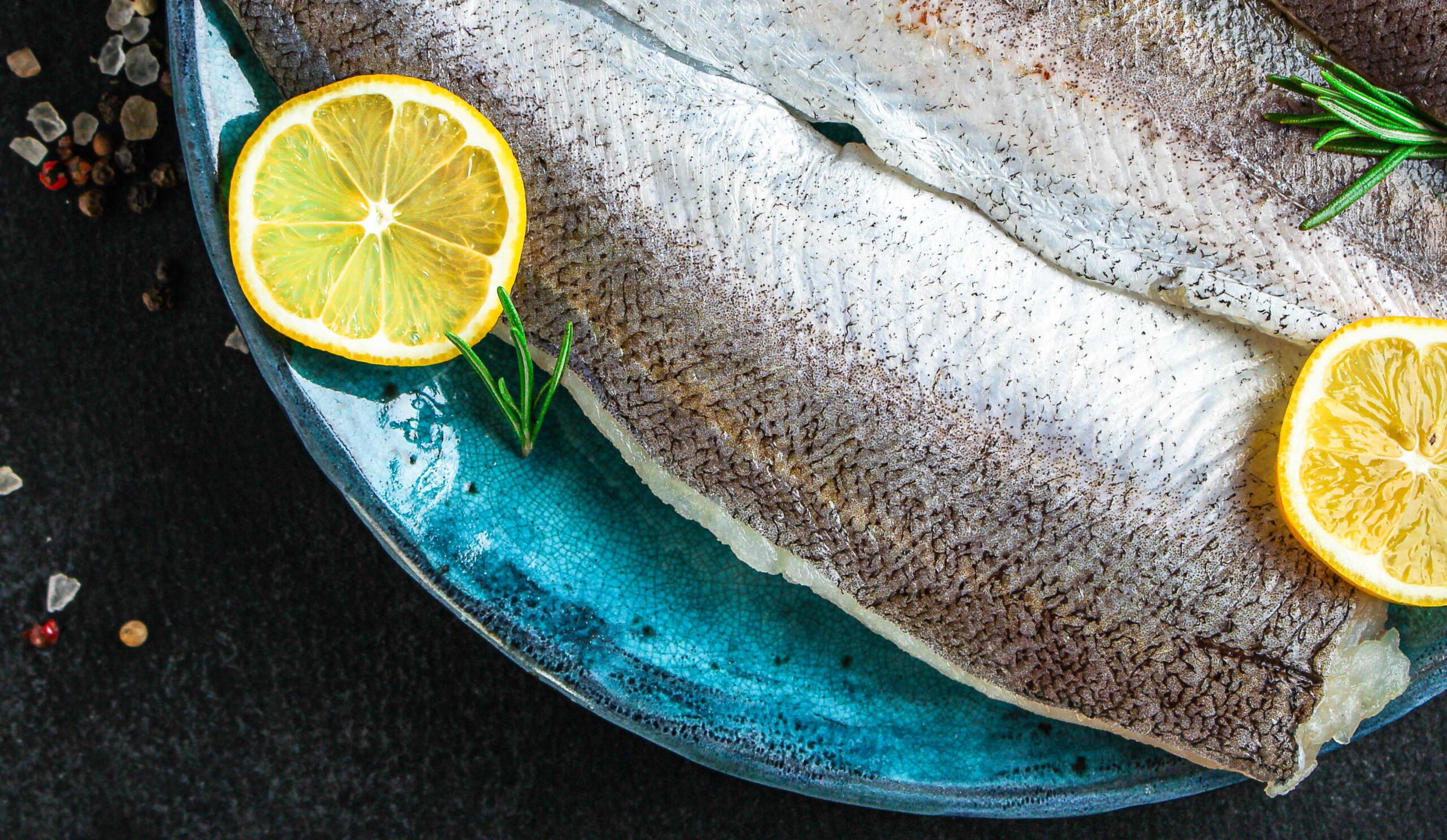This talk is available via Zoom. Registration is required. Please complete the registration form to receive the Zoom connection information.
Speaker: Joshua Stoll, Assistant Professor, School of Marine Sciences, UMaine and Mitchell Center Faculty Fellow
Global trade of natural resources, including seafood, is at an all-time high as a result of improved technology and trade policies that promote export. Today, an estimated 36% of the seafood worldwide is traded across international borders at a value of $148 billion. In the United States alone, 71% of consumed seafood is imported. While global seafood trade has been shown to have a range of benefits, including those associated with wealth production, employment, and food security, these benefits are not evenly distributed and often disadvantage low income nations, rural communities, and small- and mid-sized harvesters. In this talk, Dr. Stoll will describe the recent emergence of alternative seafood networks in North America and their role in supporting resilient fishing communities. He will also discuss future work being done to better integrate seafood into ongoing discussions about local and regional food systems.

Joshua is an assistant professor in the School of Marine Sciences at the University of Maine. His research focuses on questions about coastal community resilience, ocean governance, and fisheries policy. Joshua is the co-founder of the Local Catch Network and has been working to elevate the role of seafood in local and regional food systems for more than a decade. He holds a B.A. in Environmental Studies from Bates College, a Masters in Coastal Environmental Management from Duke University, and a PhD in Ecology and Environmental Sciences from the University of Maine. Prior to returning to Maine, he was an early career research fellow in the Global Economic Dynamics and the Biosphere Program at the Royal Swedish Academy of Sciences in Sweden.
To request a reasonable accommodation, contact Ruth Hallsworth, 207.581.3196 or hallsworth@maine.edu



